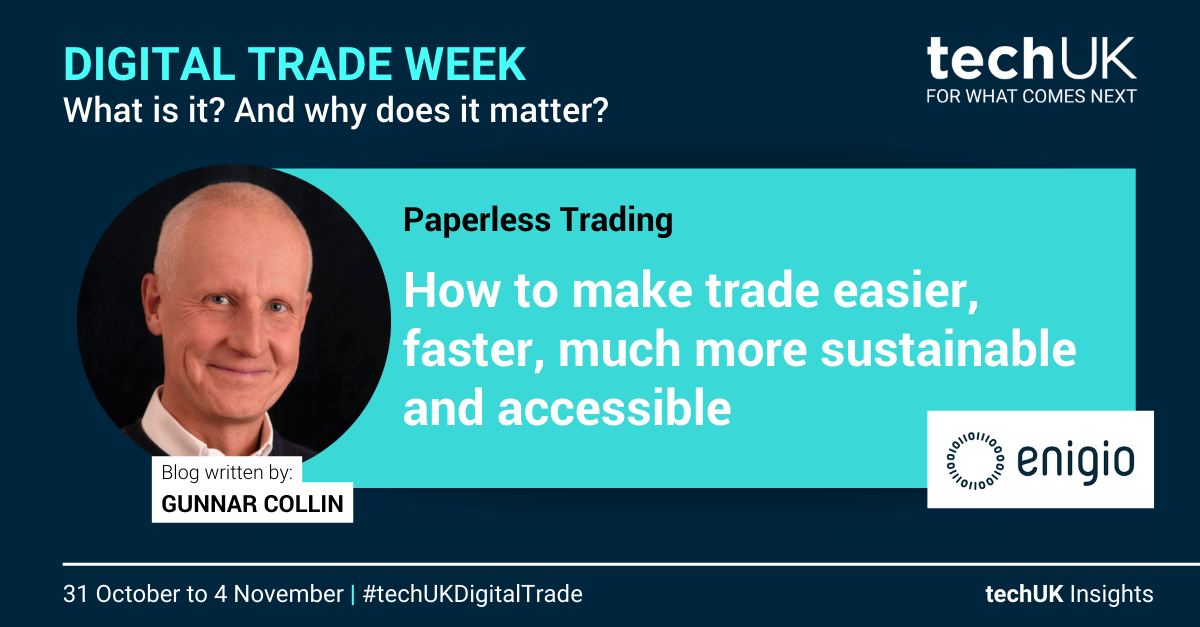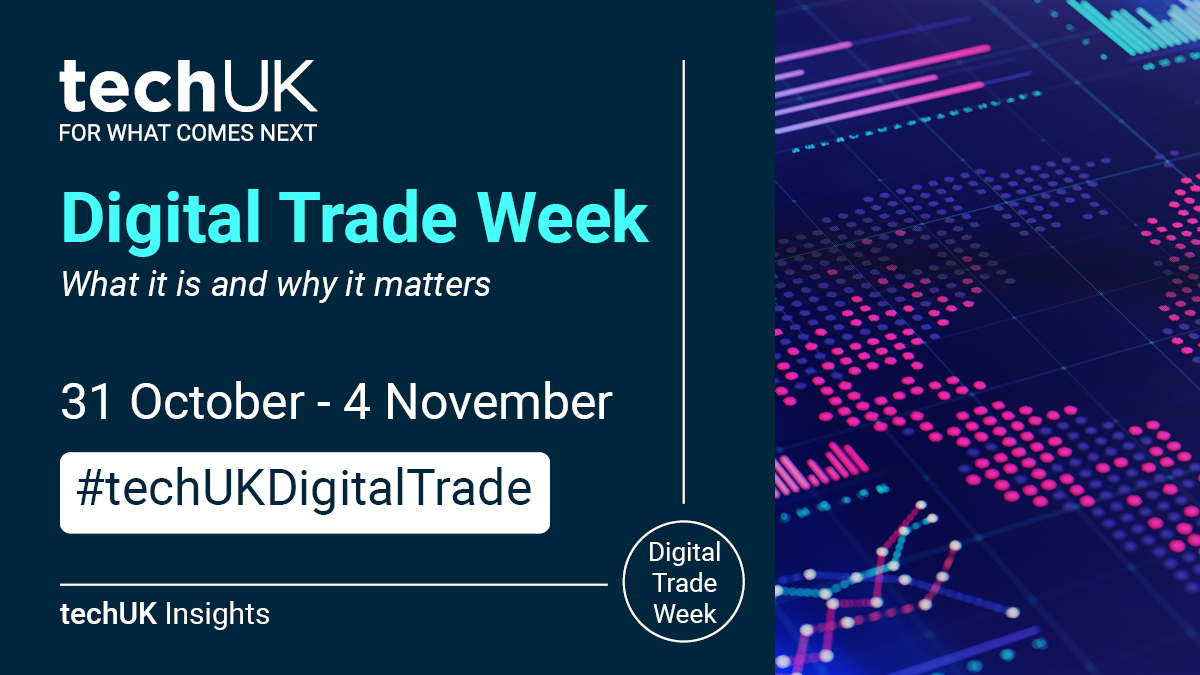Digital trade- How to make trade easier, faster, much more sustainable and accessible

Major obstacle today
Much communication is already digitalised. Public institutions, companies and banks structure communication through portals, negotiate via safe email and sign using e-signatures, which has already enabled the digitalisation of many services and processes. A major obstacle for achieving a completely digital world has been the requirements to be able to manage and present documents in their original form. Therefore, while progress is being made towards digitalisation, original digital documents and their verification is a notable laggard when it comes to removing the use of physical paper. All this translates into many problems such as delays, fraud and significant paper related costs for all parties involved.
MLETR and technological neutrality is the key
The United Nations has recognized this problem and has designed a model law for electronic transferable records (The United Nations Model Law on Electronic Transferable Records (MLETR)) which aims at unifying international formal requirements for trade documents by encouraging technological neutrality and inclusivity. The MLETR is a global attempt at achieving the effect that electronic documents be given the same respect and legal recognition as paper documents.
UK leading the way
The UK has also recognized this as the law of England and Wales did not recognise the possibility of possessing electronic documents. Therefore, a Bill has been prepared by The Law Commission setting out the criteria to make certain types of electronic documents possessable, and therefore capable of having the same legal function as their paper counterparts. This bill has just recently entered the Parliament and is expected to come into force next year.
Are there any technical solutions that can fulfill all the requirements set out in the Bill and the MLETR?
The answer is yes. But it is important to take the right approach and not aim for closed platforms or closed eco systems. It is necessary to have a possessable, updatable and freely transferable digital document.
All business content should be contained in the document throughout its lifetime and not shared elsewhere. It must also be possible to add any available electronic signature or digital seal at any time by the one in possession of the original. Once created the document must be freely transferable to anyone without any strings attached apart from that any receiver needs access to a computer and internet as we are looking at something digital after all.
This opens up to the full digitalization of any trade documents for any one and will make trade easier, faster and much more accessible for everyone. Not mention the effect on the environment and the possibility for SMES to easily engage in foreign trade.



